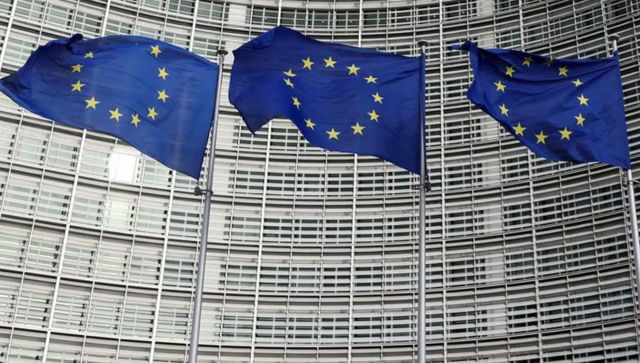In case Hungary vetoes the current €50 billion ($53.4 billion) package, European Union countries are considering a backup plan to push through much-needed aid for Ukraine in its fight to repel Russia The bloc’s executive has suggested an extension of budget support to assist Ukraine in covering salaries and other expenses during the ongoing conflict. The 27 member states of the EU are set to vote on the package at a summit scheduled for December 14-15. Concerns have arisen that Hungary’s Prime Minister Viktor Orban, known for his Moscow ties, may object to the aid, as he has done in similar situations in the past. Unanimous support from all member states is required for such disbursements from the shared EU budget. Hungary did not immediately respond to a request for comment. In case Budapest does wield its veto, two EU officials said the bloc had a way to get around it by asking each of the other EU governments to set up their own aid package with Kyiv. Altogether, the bilateral pacts would come to the same amount. “Hungary risks overstretching its luck. We’d prefer to have them on board but there comes a point when people get fed up with Budapest holding everyone hostage. The workaround is tiresome but we have it if need be,” one EU official said. A second EU official, who also spoke on condition of anonymity, agreed. “The issue of money for Ukraine will be solved one way or another, Kyiv will get EU support,” the official said. “If Hungary becomes an obstacle to the needed unanimity to do it via the EU budget, member states will find another way, like an intergovernmental agreement or national guarantees.” Last year, Hungary vetoed a similar proposal to give 18 billion euros in financial assistance to Ukraine in 2023. After months of wrangling, Budapest finally agreed to the package after winning what it said were concessions from the bloc on aid to Hungary, and hearing that the EU would use a similar workaround to push it through anyway. Asked if the EU would follow that path again if Hungary blocks, European Trade Commissioner Valdis Dombrovskis said this week: “Last year, we were indeed discussing ‘Plan B’… But we were able to avoid this scenario last year. I hope will be also able to avoid this scenario this year.” In power for more than a decade, Orban has been locked in increasingly bitter battles with others in the EU over a range of issues including democratic standards, foreign policy, migration and LGBT rights. With inputs from Reuters.
The 27 member states of the EU are set to vote on the package at a summit scheduled for December 14-15.
Advertisement
End of Article


)

)
)
)
)
)
)
)
)



